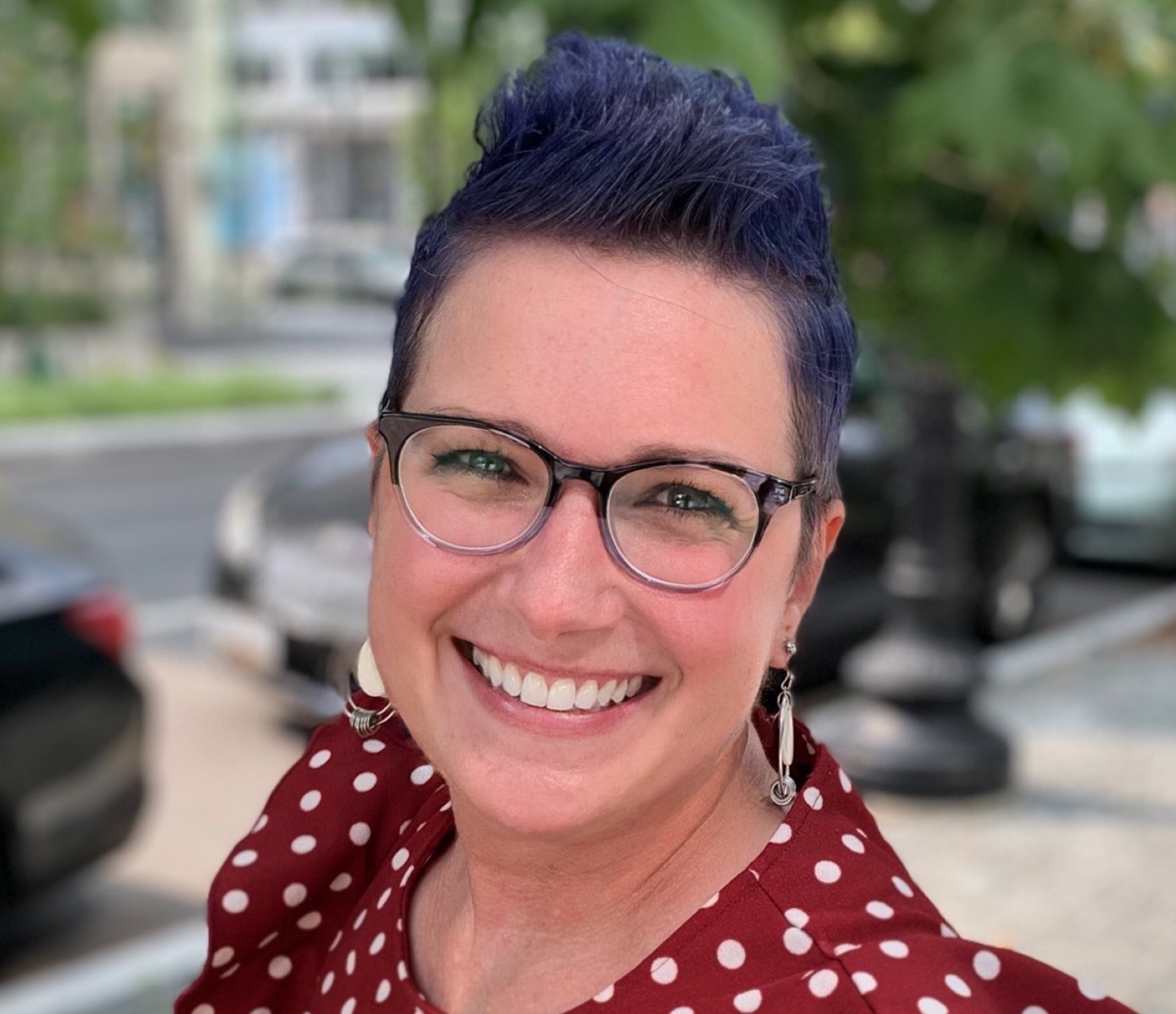CVS Steps Into Biosimilar Space With New Subsidiary Cordavis
-
Oct 05, 2023
CVS Health is getting into the biosimilars business, the company said in late August, and will officially enter the market on Jan. 1 in partnership with a Humira biosimilar. CVS stressed the importance of driving use of biosimilars and ensuring their supply, which sources say is a positive development. But one industry source questions whether the new company raises potential conflict-of-interest issues.
On Aug. 23, CVS revealed that it had launched the wholly owned subsidiary Cordavis to commercialize and/or co-produce biosimilars in collaboration with drug manufacturers. “Through Cordavis, CVS Health intends to develop a portfolio of products that it expects will facilitate broader access to biosimilars in the U.S. — creating more competition that drives down prices — while encouraging investment in future products,” said the company in a press release.
Up first are Sandoz and its Hyrimoz (adalimumab-adaz), a biosimilar of AbbVie Inc.’s Humira (adalimumab). Starting in first-quarter 2024, Cordavis will “commercialize and bring to market Hyrimoz” with a list price that’s more than 80% less than Humira’s.
In early July, Sandoz launched both branded and unbranded versions of the agent. The former has a wholesale acquisition cost of $6,576, or 5% off Humira’s WAC, while the latter has a WAC of $1,315, or an 81% discount.
“CVS Health has a history of bringing innovative solutions to the market that lower the cost of drugs and ensure people have access to the medications they need to stay healthy,” said Shawn Guertin, chief financial officer at CVS, in the press release. “Cordavis is a logical evolution for us and will help ensure sufficient supply of biosimilars in the U.S. and support this market now and in the future, while ultimately improving health outcomes and reducing costs for consumers.”
“Biosimilars are crucial to creating competition and reducing costs for specialty pharmaceuticals where drug prices are rising the fastest,” said Prem Shah, chief pharmacy officer and co-president of CVS’s pharmacy and consumer wellness segment. “Through our direct involvement, we will expand the supply chain and ensure biosimilar availability in the market.”
The Cordavis website offers few additional details, including that the company is based in Ireland, but a LinkedIn search reveals employees starting as soon as March of this year, with Donal O’Leary, the vice president and chief financial officer, and President Jeff Martin coming on board during June.
The press release mentions more than once that part of CVS’s reasoning behind the new company is ensuring the supply of biosimilars. So are there supply issues with these agents?
“I’m not aware of biosimilar supply issues for any particular manufacturer,” says Elan Rubinstein, Pharm.D., principal at EB Rubinstein Associates. “I’m also not aware that CVS has biotechnology manufacturing capability or expertise. In the absence of that, what does ‘ensuring supply of biosimilars’ mean?” He tells AIS Health, a division of MMIT, that he speculates that “maybe one component of CVS’s new service is minimizing the number of biosimilar product units passing slowly through the supply chain, a distribution efficiency problem?”
Asked to elaborate on what ensuring the supply of biosimilars means, CVS spokesperson Ethan Slavin replies, “Cordavis will work with manufacturers to commercialize and/or co-produce products under the Cordavis label.” The company, he tells AIS Health, “will work with manufacturers to ensure that products under their label are produced to the highest safety and quality standards. For products that Cordavis co-manufactures, Cordavis will be significantly participating in the manufacturing process with contracted manufacturers, including things like overseeing manufacturing and quality control processes, developing product labeling and organizing logistics for the products, among other things.”
Company Wants to ‘Drive Biosimilar Uptake’
In an Aug. 29 investor note, Evercore ISI’s Elizabeth Anderson says that based on a conversation with CVS, the company was “looking to have a solution to help drive biosimilar uptake (currently stuck in 2nd gear) given competition vs. high-rebate branded suppliers” and hopes to “meaningfully move share” for its biosimilar partners over the next five to 10 years.
Cordavis, she wrote, “is willing to commit to minimum purchase amounts for Hyrimoz and then will pitch to Caremark for formulary placement” starting on Jan. 1. Sandoz is a good fit because Hyrimoz is a high-concentration, citrate-free biosimilar “with good manufacturing process, and ease of use as a consumer,” as well as the company’s “willingness/ability to scale production,” which is “important for Caremark formulary.” In addition, there are “shared economics as Sandoz receives a fixed price for Hyrimoz and saves on sales and marketing costs for the Cordavis-contracted volumes.”
According to Anderson, Cordavis will try to work with other biosimilar manufacturers and sell its products to partners such as Red Oak.
“CVS clearly has a huge market share of pharmacy benefit and specialty pharmacy…and seems to be in a good position to leverage its various databases and its relations with members, pharmacies, prescribers and self-insured employers to identify people to intervene with, and then use its relationships and systems to intervene, with the objective of advantaging the contracted biosimilar product,” observes Rubinstein.
“I wonder if Cordavis amounts to an extension of CVS’s GPO [group purchasing organization] and formulary rebate service arrangements with pharmaceutical manufacturers, in which CVS may offer product support to patients, prescribers and pharmacies, individually and linked — that is, an extension in the sense that it’s possible that rebate arrangement services could be offered across CVS’s member base and to all prescribers and pharmacies with which CVS interacts,” he says. “As to what Sandoz has to gain, it’s hard to answer because I don’t know what’s being offered. But if whatever is offered relies on CVS’s targeted access to and relationship with its member patients, prescribers and owned pharmacies, I can see the possibility of uniquely targeted information potentially going both ways.”
“If they make a truly lower priced biosimilar drug and put it on their formulary, they can entice the self-insured plans to stick with them, as opposed to going to Mark Cuban, who is offering a truly lower priced biosimilar,” says Madelaine A. Feldman, M.D., FACR, a clinical assistant professor of medicine at Tulane University School of Medicine and provider with The Rheumatology Group in New Orleans. “I think CVS doesn’t want to lose the business of self-insured health plans, and they can make money on the sale of the biosimilar as well.”
Feldman, who is also president of the Coalition of State Rheumatology Organizations, tells AIS Health that “let’s hope the Federal Trade Commission does its job if this happens and puts the kind of restrictions it did back in the 1990s on other manufacturers who owned PBMs (which eventually led them to divest themselves).”
“The FTC was not happy with the conflict of interest” in that situation, she explains, because manufacturers “could make the drug and then prefer it on the formulary. So one of the controls was that the formulary created, for example, by Medco (owned by Merck) would have to be ‘open,’ meaning that all competitors would have to be included on the formulary. This certainly would make the formulary less profitable and disincentives ownership. Merck eventually divested itself from Medco. Let’s hope the FTC will look long and hard at this plan that will increase the vertical integration and create serious conflicts of interest — as if there weren’t enough already with the Big Three PBMs.”
Contact Feldman at nolarheum@gmail.com and Rubinstein at elan.b.rubinstein@gmail.com.
This article was reprinted from AIS Health’s monthly publication Radar on Specialty Pharmacy.
© 2026 MMIT









